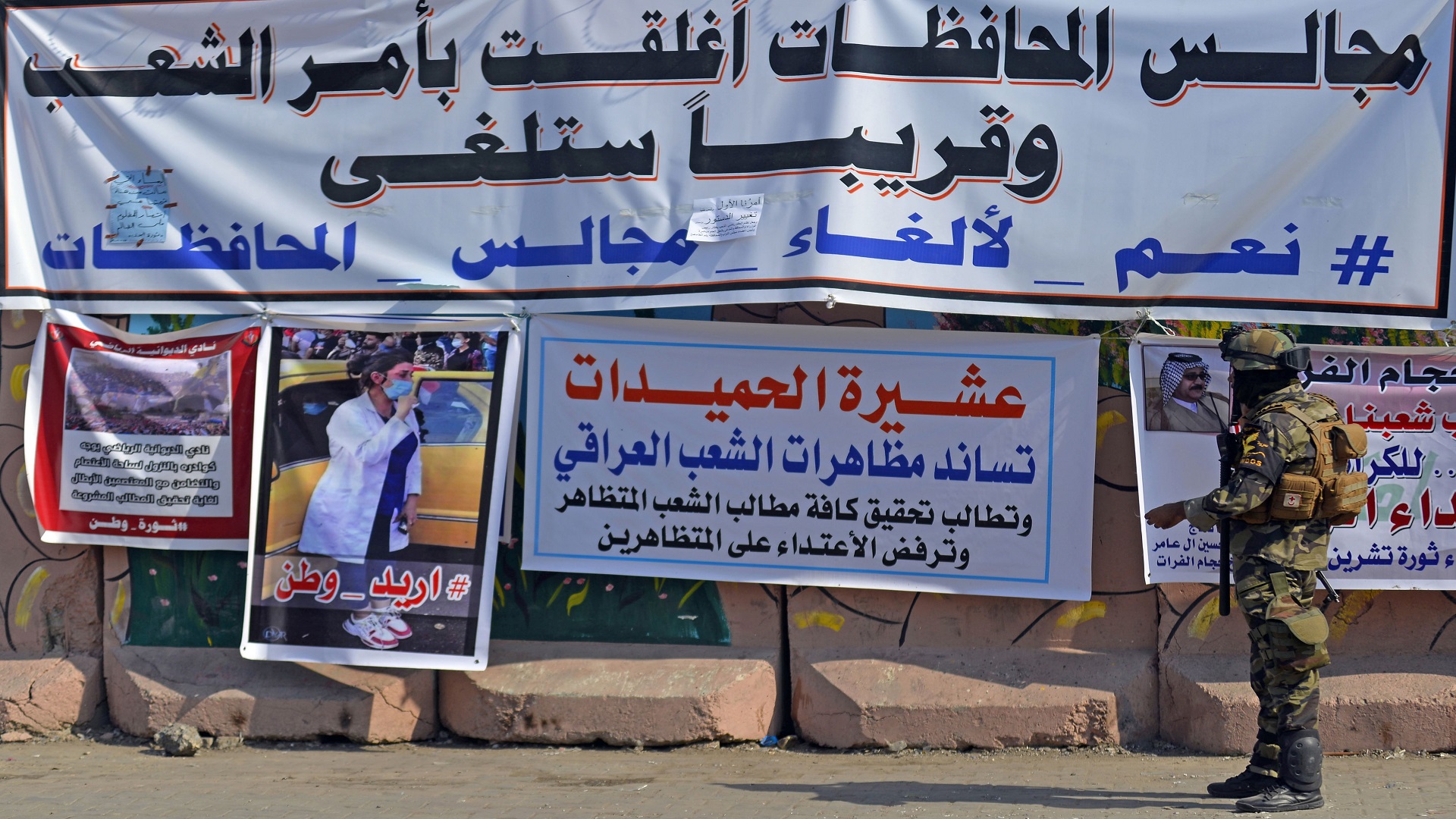The Provincial Councils Controversy: "bright and great" or "excessive and unnecessary"?

Shafaq News/ Provincial election has been a topic for a prolonged and heated debate in both public and political circles, mostly for the wrong reasons. While many believe it is a "bright and great" notion that was failed by defaulted past experiences, others view it as "excessive" unnecessary side-entry for corruption and sabotage. In fact, some might tend to take action to ensure it remains a mere notion with no real-life applications.
It is assumed that the provincial council elections will be held next October, based on what PM Mohammed Shia al-Sudani pledged within his electoral program, and agreed upon by the political forces that participated in the formation of the government.
This agreement came after parliament voted at the end of 2019 to dissolve those councils during widespread protests that accused them of corruption.
Independent MP Hussein al-Sa'abari said, "provincial councils are an inevitable constitutional matter. A governorate will descend into a dictatorship if its council is disbanded. I, therefore, support their restoration, but with half the staff and an advisory role only."
"The draft law (organizing the provincial councils' work) that was submitted to the House of Representatives and given a first reading, ignores the October Revolution and its victims, excludes all independents and emerging movements, and does not heed the recommendations of the religious reference, which calls for a fair electoral system. As a result, we urged the public to seek to change this law through discussions and progressive steps that could lead to protests."
Political analyst Ali al-Baydar agreed with this view, stressing that "provincial councils are constitutional institutions that cannot be abolished or suspended at the request of the demonstrators, the jurisprudence of parliament, or political or individual desires, but rather requires a constitutional amendment."
He emphasized that "Provincial councils are a significant and excellent idea, but their administration failed since they were not at the required level. However, at the same time, their absence created a communication gap between citizens and the authorities, and the emergence of dictatorships in some governorates, making it harder to remove a governor without the support of the provincial council than to remove the prime minister."
On the other hand, Haider al-Salami, a member of parliament for the Emtidad movement, believes that "provincial councils are an excessive link, waste of public money, corruption, and bargain. Therefore, the Emtidad movement, as well as other independent lawmakers, support their demolition."
Al-Salami told Shafaq News Agency, "if the provincial councils are re-established, we must prepare. To ensure that their work is genuine and that they are supervision bodies for the governors and not supporters, we must nominate independents and emerging movements."
Dr. Dhurgham Majed, a protester, concurs with this assertion, noting that "demolishing them was the fruit of the demonstrations because they did not build or provide any service to the citizens. They were an excess link of corruption and sabotage. Thus, we firmly oppose any legislation or action that endangers the country or enhances the people's suffering."
Majed confirmed to Shafaq News Agency, "There are steps that will be taken in the coming days to address the election law or the reinstatement of provincial councils. They are still under preparation, but it will certainly include demonstrations."
Notably, in 2021, the Federal Supreme Court, i.e., the highest judicial authority in the country, ruled that suspending the work of provincial councils as per the constitution does not mean abolishing the existence of those councils as a local constitutional body.
The Iraqi governorate, district, and sub-district councils were suspended by the court, which found that "the continuation of the work of elected councils, whether national councils or local bodies, after the end of their electoral cycle, represents a violation of the people's right to vote, elect, and nominate and exceeds the will of the voter."
The Federal Court affirmed that "provincial councils are administrative and local bodies entrusted with the implementation of financial and administrative powers only within the principle of administrative decentralization, and the constitution did not authorize them to exercise legislative powers."
Moreover, the provincial councils, whose members are determined per the population of each governorate, choose the governor and his deputies, draft the governorate's financial budget in the light of the available funds allocated by Baghdad, and have the right to dismiss governors and directors of departments.

